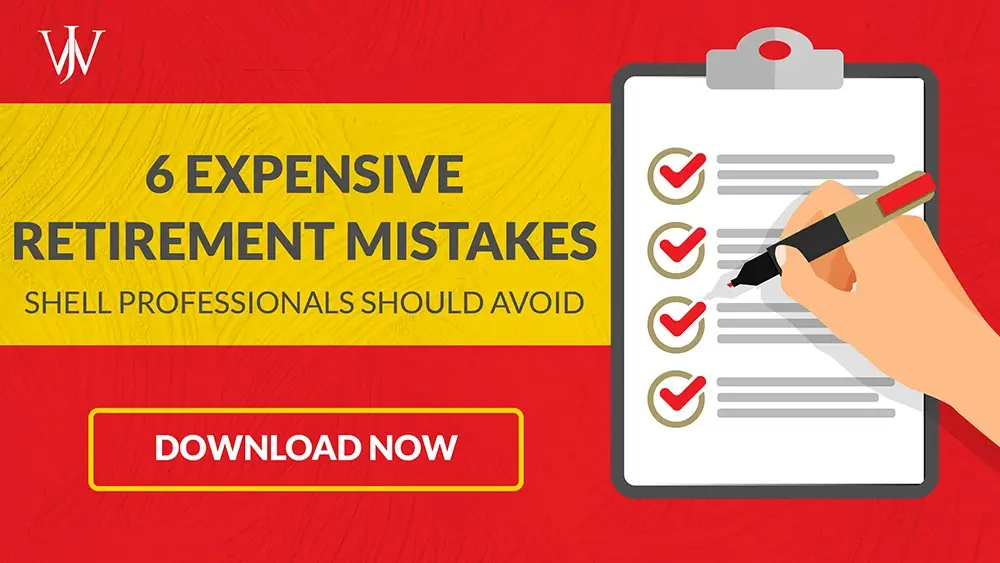You’ve worked for years to save what you have, and getting your retirement in order shouldn’t add more work to your plate. Though you’ve built your nest egg over your entire career, Shell professionals’ finances often get more complicated in the 1-3 years leading up to and following retirement. More often than not, we see Shell employees leaving money on the table when they leave the company. Our team of Shell advisors understands the complex intricacies of your benefits and can help you retire with confidence by seeking to maximize your available benefits. Fill out the form below to get your copy of the e-book now.

